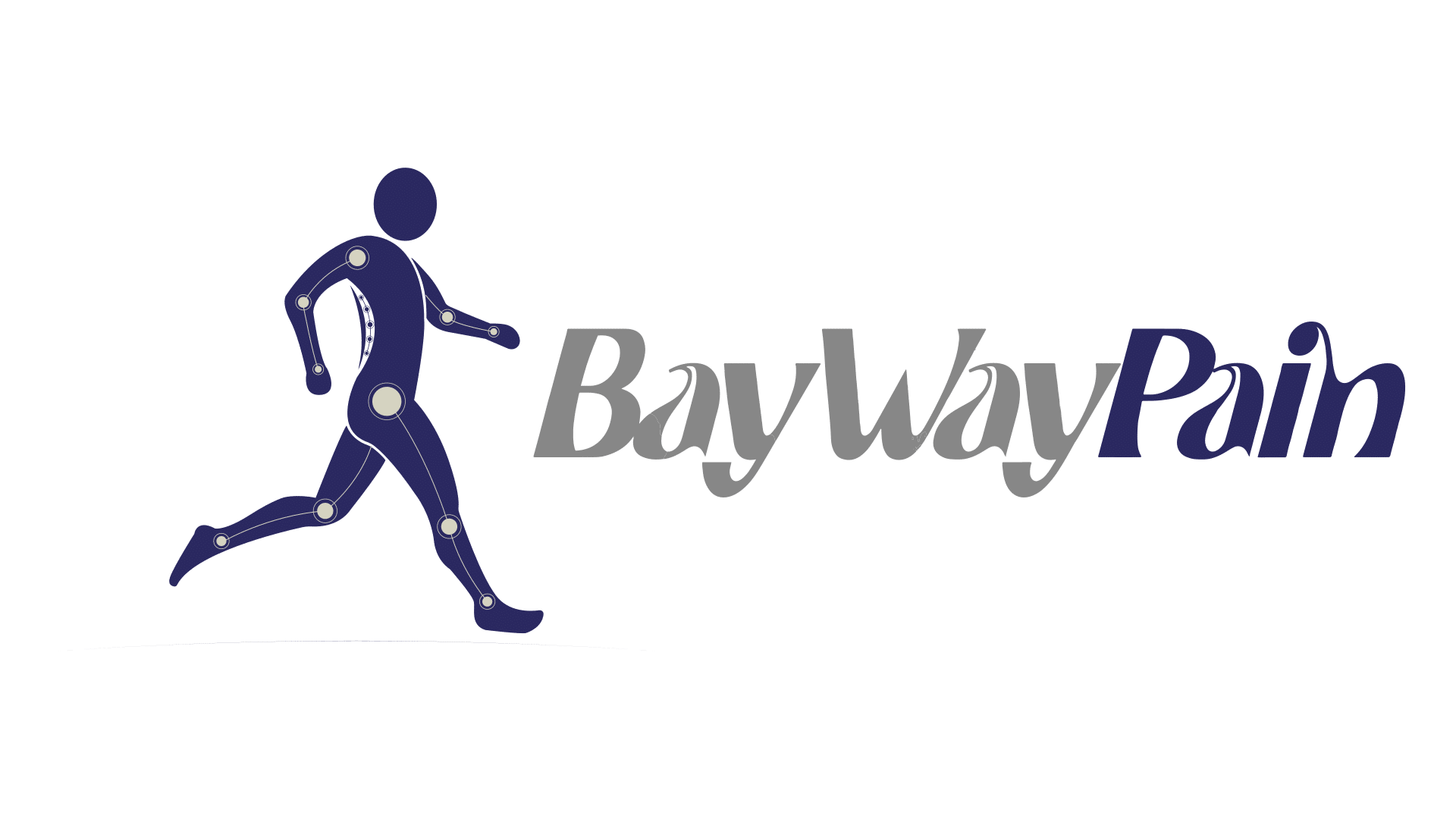Navigating the complexity of chronic pain takes more than simply regular visits to healthcare professionals; it necessitates a proactive, knowledgeable, and collaborative approach to treatment, particularly in the fast-paced atmosphere of Brooklyn, NY. This article attempts to highlight the top ten tactics for effectively engaging with local pain management doctors, ensuring that patients in Brooklyn receive the best possible care and enhance their quality of life. We will go into practical guidance, highlighting the unique perspective of Brooklyn’s healthcare landscape, to assist patients in their road to pain alleviation and management.
Providing Value Through Effective Engagement
1. Research and Choose Wisely
Begin by extensively investigating local pain management clinics and specialists in Brooklyn. Look for doctors who have good recommendations, appropriate specialties, and links with renowned hospitals or clinics. Websites, patient testimonials, and even social media can reveal information about a doctor’s approach and patient happiness.
2. Prepare for your visit
Before your meeting, keep a detailed pain diary, documenting pain levels, triggers, and what relieves your pain. Please list all drugs, supplements, and past therapies. This preparation ensures that you submit complete information to your doctor.
3. Communicate openly and honestly
Be upfront and honest about your discomfort, lifestyle, and treatment objectives. Clear communication fosters trust and enables a specific treatment approach. Remember that no detail is too minor when it comes to understanding your sorrow.
4. Ask questions
Don’t be afraid to ask questions regarding your diagnosis, treatment options, and what to expect. Understanding your ailment and treatment strategy is critical to optimal management. Consider inquiring about non-traditional therapy that Brooklyn’s diverse medical community may provide.
5. Be open to multidisciplinary approaches
Brooklyn’s pain management experts frequently adopt multidisciplinary approaches. Be willing to combine traditional medical therapies with physical therapy, acupuncture, or psychiatric counseling to create a comprehensive treatment strategy.
6. Follow through on treatment plans
Adherence to approved treatment strategies is critical. Following through on drug schedules, physical therapy sessions, or lifestyle modifications improves the likelihood of successful pain management.
7. Provide feedback
Keep your doctor up to date on what is and is not working. Feedback is extremely useful for changing treatment strategies. Remember, managing chronic pain is a process that may necessitate multiple modifications along the road.
8. Utilize digital tools
Use digital health tools and applications to set appointment reminders, track medication, and even conduct virtual consultations. Many Brooklyn clinics provide telehealth services, making it easier to communicate with your pain management team.
9. Engage in self-care and education
Take an active role in your health by learning about your disease and using self-care techniques that complement your treatment plan. Chronic pain patients can take use of a variety of programs, support groups, and community resources in Brooklyn.
10. Create a Support Network
Participate in support groups, whether in person in Brooklyn or online. Sharing your experiences and tactics with others who understand chronic pain can provide both emotional support and practical help.
Patient Reviews on Pain Management Doctors in Brooklyn
John D.: “Dr. Smith has altered my life. Her holistic approach to my persistent back pain has restored my ability to enjoy daily activities. “Highly recommended!”
Emily, R., says: “After years of struggling with fibromyalgia, Dr. Jones introduced me to a combination of physical therapy and medication that finally brought relief.”
Mark T.: “I appreciate Dr. Lee’s dedication to non-opioid therapies. His revolutionary nerve block technique has substantially reduced my suffering.”
Sarah L. says, Dr. Patel’s clinic is fantastic. The staff is friendly, and they take the time to understand your pain and how it affects your life.
Alexis K.: “I was skeptical of acupuncture at first, but Dr. Kim’s expertise convinced me otherwise. It’s been a game changer for my migraine treatment.”
Gregory W.: I went from Queens to Brooklyn just to see Dr. Hernandez. Her reputation for dealing with severe pain issues is well-deserved.
Natalie F. stated, Dr. Chang’s pain management strategy was tailored and comprehensive. I felt supported every step of the process.
Derek S.: “I’d almost given up hope before meeting Dr. Garcia. She listens, cares, and, most importantly, has greatly reduced my chronic pain.”
Mia P. said, “The team at Brooklyn Pain Specialists, especially Dr. Thompson, has been instrumental in helping me manage my pain without relying solely on medications.”
Jordan C. states, “Dr. Singh’s approach to pain management is both compassionate and successful. His strategies have improved my quality of life beyond my expectations.”
Christina H.: I never felt rushed with Dr. Martinez. She took the time to explain my treatment options and answer all of my questions.
Ethan G.: “Dr. Russo’s experience in sports-related pain management is unparalleled. Thanks to him, I’m back to running marathons with little discomfort.”
Isabella M.: I was dubious about pain management experts before meeting Dr. O’Connor. Her awareness of chronic pain and its psychological effects is great.
Oliver said, “Thanks to Dr. Murphy, I’ve found effective ways to manage my arthritis pain without heavy reliance on medication.”
Sophia J.: Dr. Nguyen is a pioneer in employing platelet-rich plasma treatment to treat chronic pain. Her treatments have given me relief I haven’t felt in years.
Aiden said, “The multidisciplinary approach at Dr. Wright’s clinic, incorporating nutrition and lifestyle changes, has made a significant difference in managing my pain.”
Emma B.: Dr. Carter is more than simply a pain management specialist; he is a true partner in your healthcare journey. His personalized approach has been a blessing.
Noah Z.: “I appreciate Dr. Adams’ constant exploration of new pain management strategies. His dedication to invention has greatly benefited me.”
Ava S.: “Dr. Baker’s blend of traditional and alternative pain management methods has provided me with much-needed relief and hope.”
Mason K.: “The telemedicine consultations with Dr. Clark have been tremendously convenient and effective, much like in-person visits. Highly suggest to anyone in Brooklyn searching for excellent pain management care.”
Empowering Brooklyn’s Chronic Pain Patients
Effective communication with pain management experts is an important step toward managing chronic pain. By implementing these tactics, Brooklyn residents can build effective relationships with their healthcare providers, assuring a proactive approach to pain management. Remember that you are the most important member of your pain management team, and your active participation can dramatically impact the result of your treatment plan.
Summary – Strategies for Engaging with Pain Management Doctors Near You
Effective Engagement with Local Pain Management Doctors in Brooklyn
Top Ten Tactics for Effective Engagement
- Research and Choose Wisely: Conduct extensive research on local pain management clinics and specialists. Look for doctors with good recommendations, appropriate specialties, and links to renowned hospitals or clinics.
- Prepare for Your Visit: Keep a detailed pain diary, documenting pain levels, triggers, and what relieves your pain. List all drugs, supplements, and past therapies.
- Communicate Openly and Honestly: Be upfront and honest about your discomfort, lifestyle, and treatment objectives.
- Ask Questions: Understand your ailment and treatment strategy. Consider inquiring about non-traditional therapy.
- Be Open to Multidisciplinary Approaches: Combine traditional medical therapies with physical therapy, acupuncture, or psychiatric counseling.
- Follow Through on Treatment Plans: Adherence to approved treatment strategies improves the likelihood of successful pain management.
- Provide Feedback: Keep your doctor updated on what is and is not working. Feedback is useful for changing treatment strategies.
- Utilize Digital Tools: Use digital health tools and applications to set appointment reminders, track medication, and conduct virtual consultations.
- Engage in Self-Care and Education: Take an active role in your health by learning about your disease and using self-care techniques that complement your treatment plan.
- Create a Support Network: Participate in support groups, whether in person in Brooklyn or online. Sharing your experiences and tactics with others who understand chronic pain can provide both emotional support and practical help.
Patient Reviews for Pain Management Doctors in Brooklyn
- John D.: Dr. Smith has altered his life. Her holistic approach to his persistent back pain has restored his ability to enjoy daily activities.
- Emily, R.: Dr. Jones introduced me to a combination of physical therapy and medication that finally brought relief.
- Mark T.: Dr. Lee’s dedication to non-opioid therapies. His revolutionary nerve block technique has substantially reduced my suffering.
- Sarah L.: Dr. Patel’s clinic is fantastic. The staff is friendly, and they take the time to understand your pain and how it affects your life.
- Dr. Garcia: She listens, cares, and greatly reduces my chronic pain.
- Dr. Thompson: The team at Brooklyn Pain Specialists, especially Dr. Thompson, has been instrumental in helping me manage my pain without relying solely on medications.

